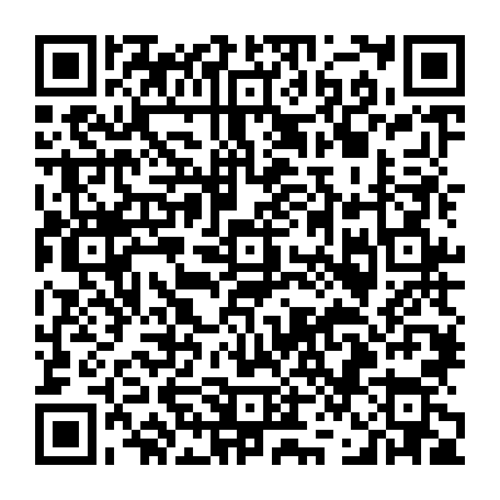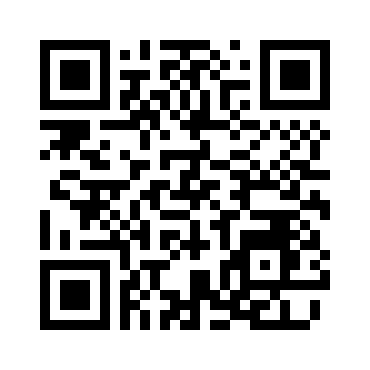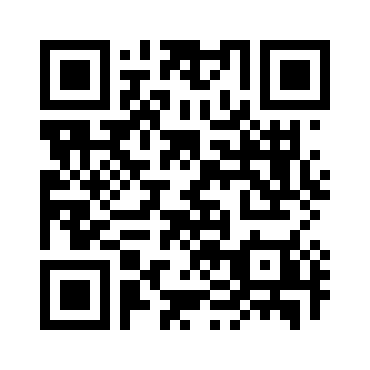By Peter Lee, Blockchain Industry Group, and Dennis Hauck, COO of Project Crowd.
Project Crowd – https://www.projectcrowd.io/
LinkedIn Profile: Dennis Hauck
BIG Germany Ambassador
Peter Lee: Thanks for being one of our “BIG Friends” and for doing this interview with us. Aside from your highly successful meetups in Germany, please tell us about your other project, Project Crowd.
Dennis Hauck: Thanks Peter, Project Crowd was born from my experiences working in IT and as a consultant. One of the constant challenges we faced was finding the right people and I know that this is a challenge for many organizations, and also for the staff themselves. I recognize that there is a whole industry which supports recruitment but none of it is really “joined up”, and that’s why we developed Project Crowd. We discovered that by using AI and Blockchain technology in a unique way we could deliver an ecosystem which connects the dots and pulls all of the stakeholders together. This is a new way for freelancers and companies to connect and will have far reaching benefits for the wider HR space.
Peter: We’re very interested, of course, in practical use cases for blockchain technologies and, when you add Artificial Intelligence to it that sounds especially interesting. Tell us more about the rationale for Project Crowd and how this will all work?
Dennis: There are some common and currently insurmountable issues in the recruitment space including mismatching job offers, high commission fees for recruitment agencies and slow paper-based processes in staffing and administration of an external workforce. In addition, in the past few years the number of falsified CVs, references and fake academic documents has increased, and the verification of these records is very time consuming. People on both sides of the fence are becoming more skeptical and by using Blockchain and AI we are confident that we can rebuild trust and repair these relationships, by solving many of these issues.
Peter: Tell us more about the blockchain technology you’ll be utilizing. Is it on a specific existing platform or one you’re creating yourself? What are the advantages (and disadvantages) of this platform over others? Is it ready for use?
Dennis: We are in the process of building our MVP which we hope to launch soon and so far, all the testing has delivered fantastic results. There are already some amazing proven and tested Blockchain technologies in the market which are delivering great results so we don’t think there is any real value in reinventing or creating a new one for this application. We are having conversations with several Blockchain providers and are evaluating each platform based on our requirements. Project Crowd will use the Blockchain to create immutable, verified data on the platform which will dramatically reduce falsified information and render background checks almost obsolete.
Peter: Tell us more about your specific usage of and how artificial intelligence combines with that of blockchain technologies. Are they “intertwined” and/or dependent upon each other in any way, or do they really function as separate and independent technologies?
Dennis: We are using AI to assist with the matching process. Our AI which we call AMI will use the data stored on the Blockchain to make assumptions and judgments around candidate (or employer) suitability. It is autonomous and unique but only half of the equation, Neither the AI or the Blockchain would be capable of delivering the solution independently so in that sense you could say they are intertwined.
Peter: How does your AMI (Artficial Matching Intelligence) system work?
Dennis: Let me answer this question from a high-tech perspective. Technologically the Artificial Matching Intelligence of Project Crowd is unique. The system is a self-learning cognitive computer system that simulates human decision-making processes in employee recruitment. AMI can autonomously adjust the mathematical methods and algorithms used based on her own experience and is constantly self-improving. This is quite a big thing since AMI is an inhouse development by our team which makes us really proud.
Peter: How has the feedback been for Project Crowd, and how have the blockchain and tech communities played a part?
Dennis: I have been really impressed with the positive feedback and support for Project Crowd. Since day one, when Project Crowd was still in the design phase, we had a lot of support for our vision from both the Blockchain community and the HR-Tech community. Sure, we had to deal with a lot of critical questions and we received open feedback and were challenged regularly, but it’s great to be at home in two really open minded communities with so many great people and innovative companies. And that so many supporters accompany us on our journey makes us very grateful.
Peter: As to the blockchain communities (and meetups) that you’re interfacing with, what are you seeing? What are some big takeaways in terms of what community members are looking for and, maybe, what they’re not getting from these communities/meetups?
Dennis: We are definitely seeing a rapid maturity, there has been a shift from get rich quick investors looking to make a million in alt coins to serious entrepreneurs who are developing truly groundbreaking uses for blockchain technology. People in the meetups range from those wanting to educate themselves around the technology and ecosystems to those who are developing projects. I think most people are looking for answers and I have come to realize that if you want an answer you may need to find it yourself, the space is so dynamic that questions like “can it do this…” or “Why can’t it be used to do that” are often the start of an exciting exploration which may become the next Uber or Amazon.
Peter: What does Project Crowd look like 5 or 10 years from now?
Dennis: Our long-term goal is to make Project Crowd available to all freelancers and build a global community. To achieve this, we still have to put in many development and programming hours, that´s for sure. But as they say, one step at a time is all it takes to get you there.
Peter: The pricing that these existing freelance sites charge in commissions are sometimes relatively high. Do you anticipate that the efficiencies brought on by the use of blockchain technologies will enable Project Crowd to offer more favorable pricing for freelancers? (It doesn’t concern me as much if you charge employers more as they normally have the wherewithal to bargain and/or choose alternatives.)
Dennis: Absolutely, we are hoping that we can not only use this platform to support and encourage freelancers but that we will also be able to do it in a relatively inexpensive way. We are currently exploring a co-operative model where freelancers will also have a stake in Project Crowd and can potentially earn dividends.
Peter: What’s your favorite non-profit or altruistic or “earth-saving” project?
Dennis: That’s quite a huge question. I think a good start would be to reduce package waste and pick up plastic out of the ocean. The “Ocean Cleanup” project founded by Boyan Slat has taken a first big step in this direction, now the time will tell if the project can be developed further, if it can be successful or if it will fail in the long run. We are also seeing some great projects like DustAid.org emerge in the Blockchain space which will benefit a wide range of smaller charities.

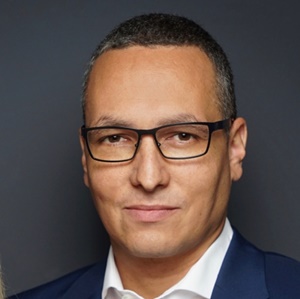

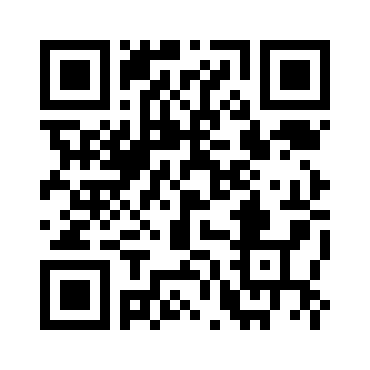



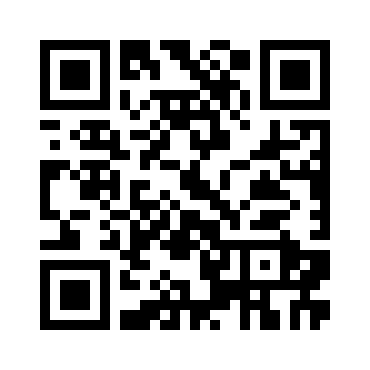

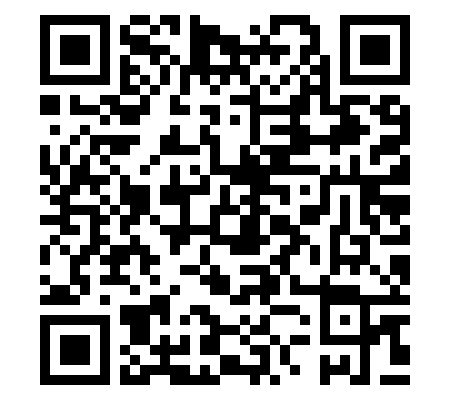 Thank you!
Thank you!
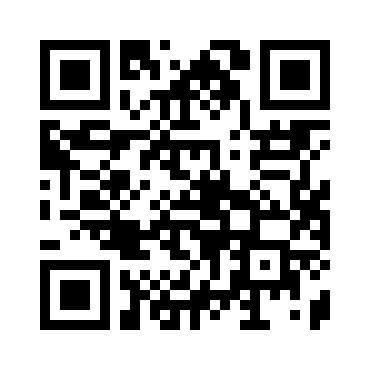 Thank you!
Thank you!
 Thank you!
Thank you!
